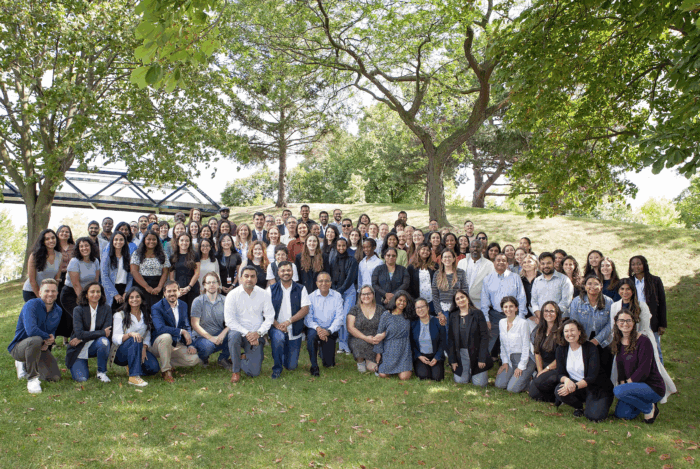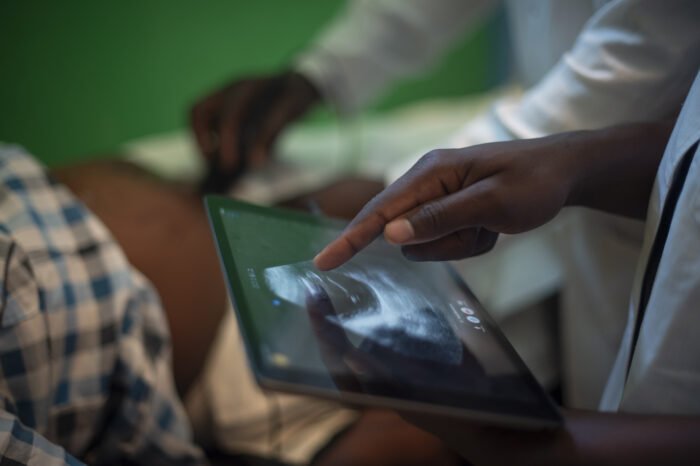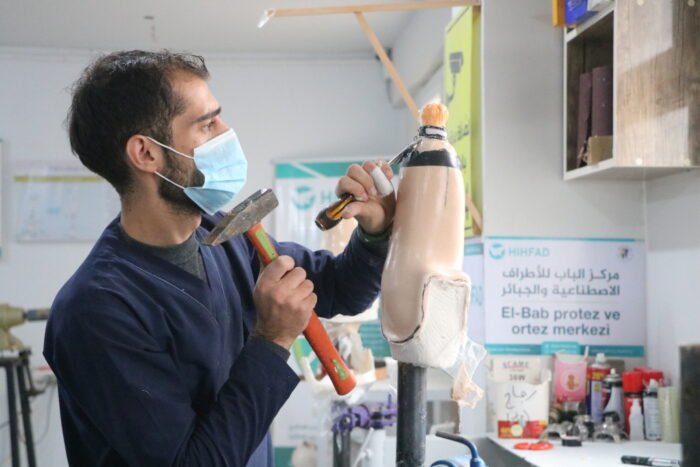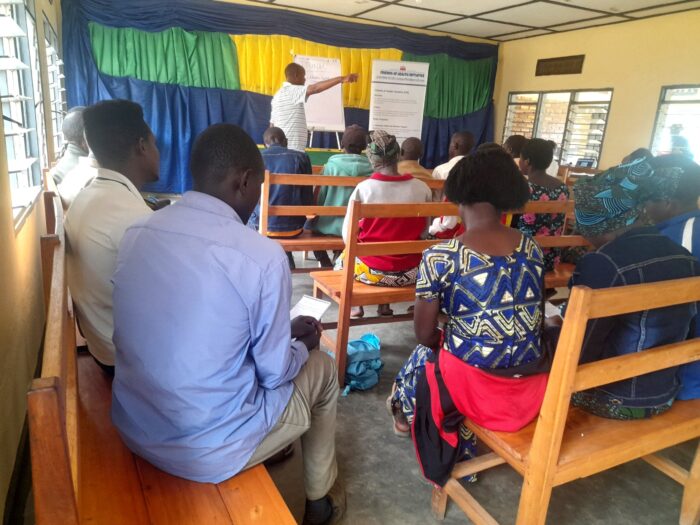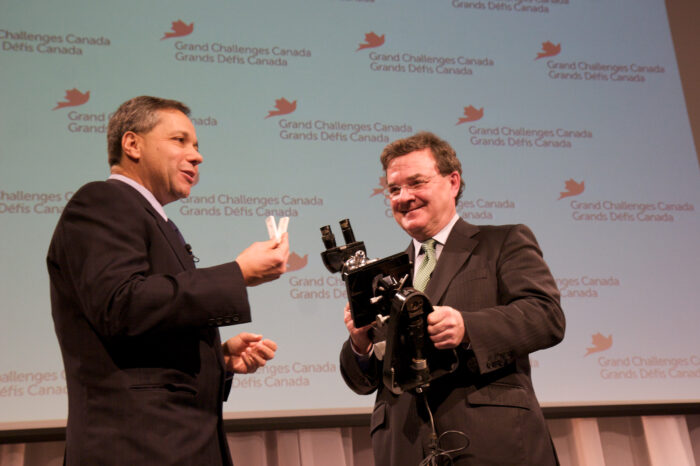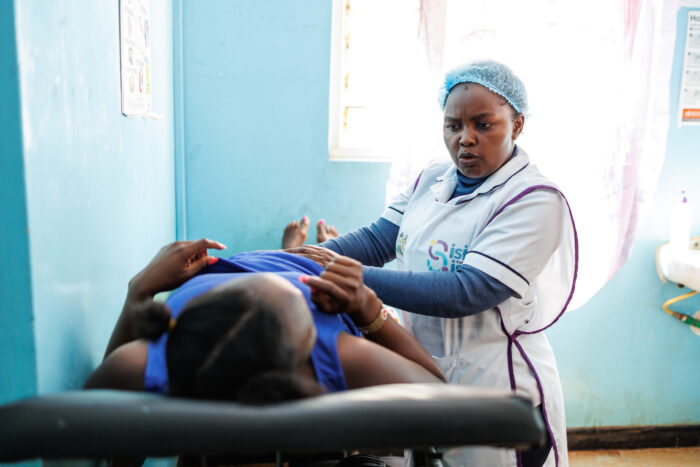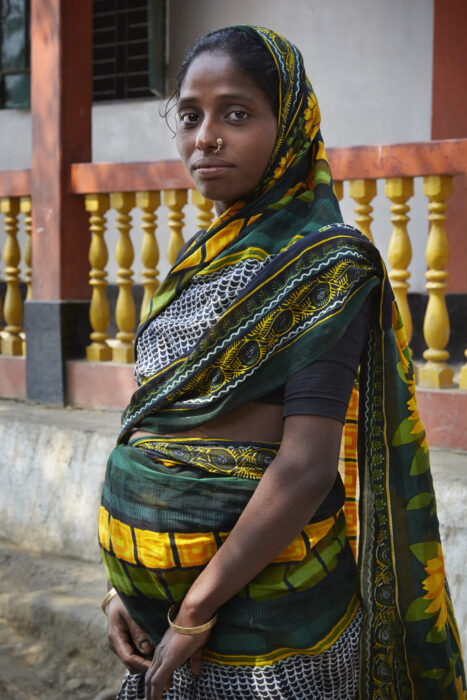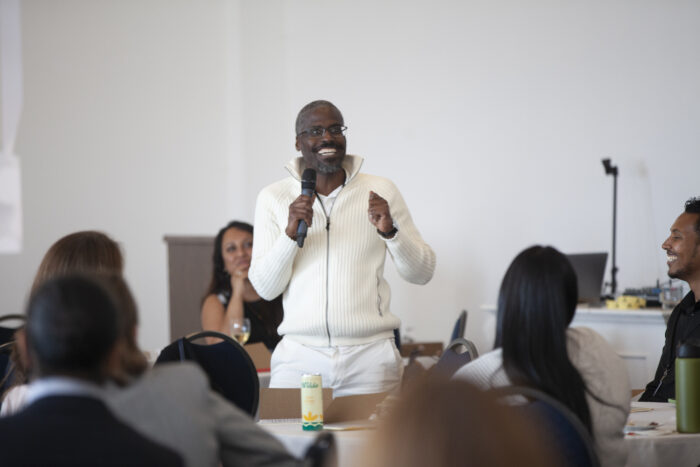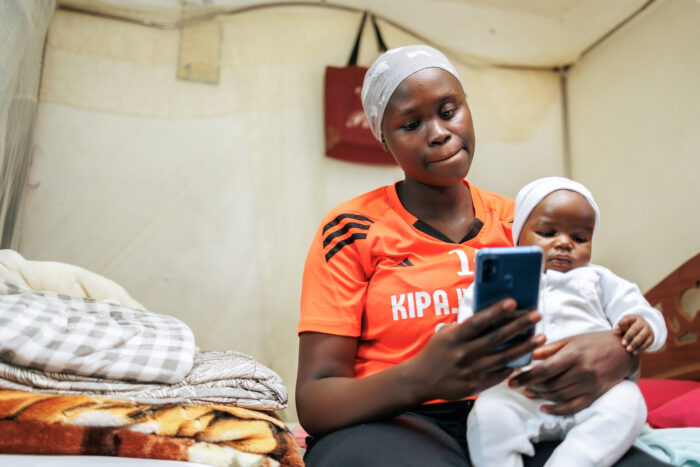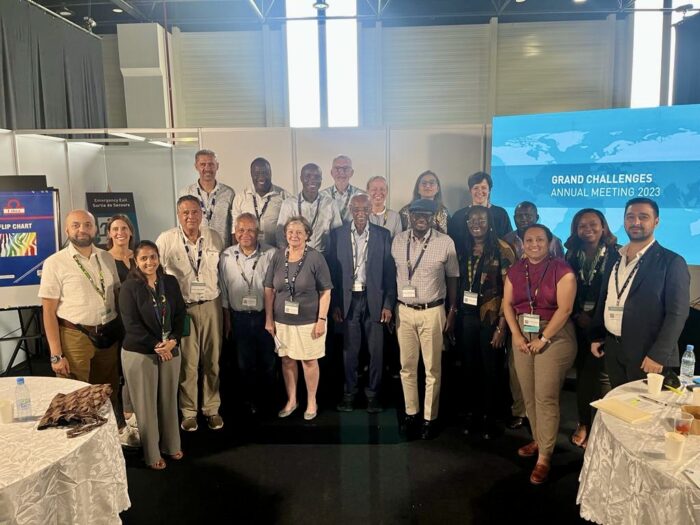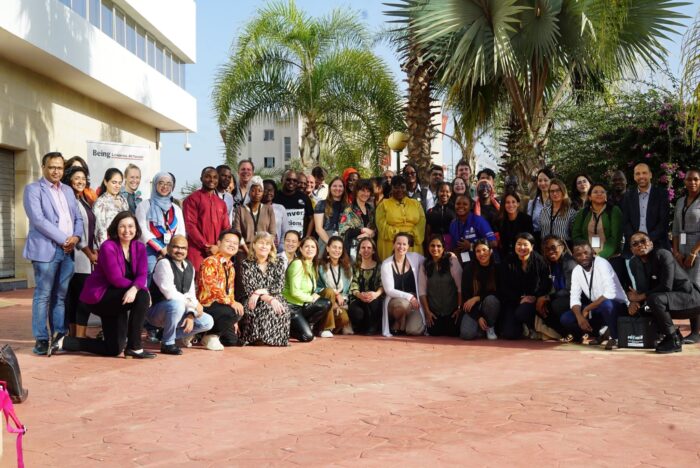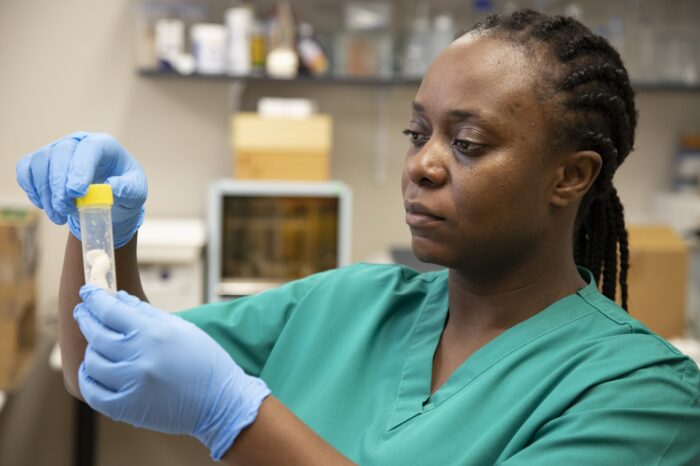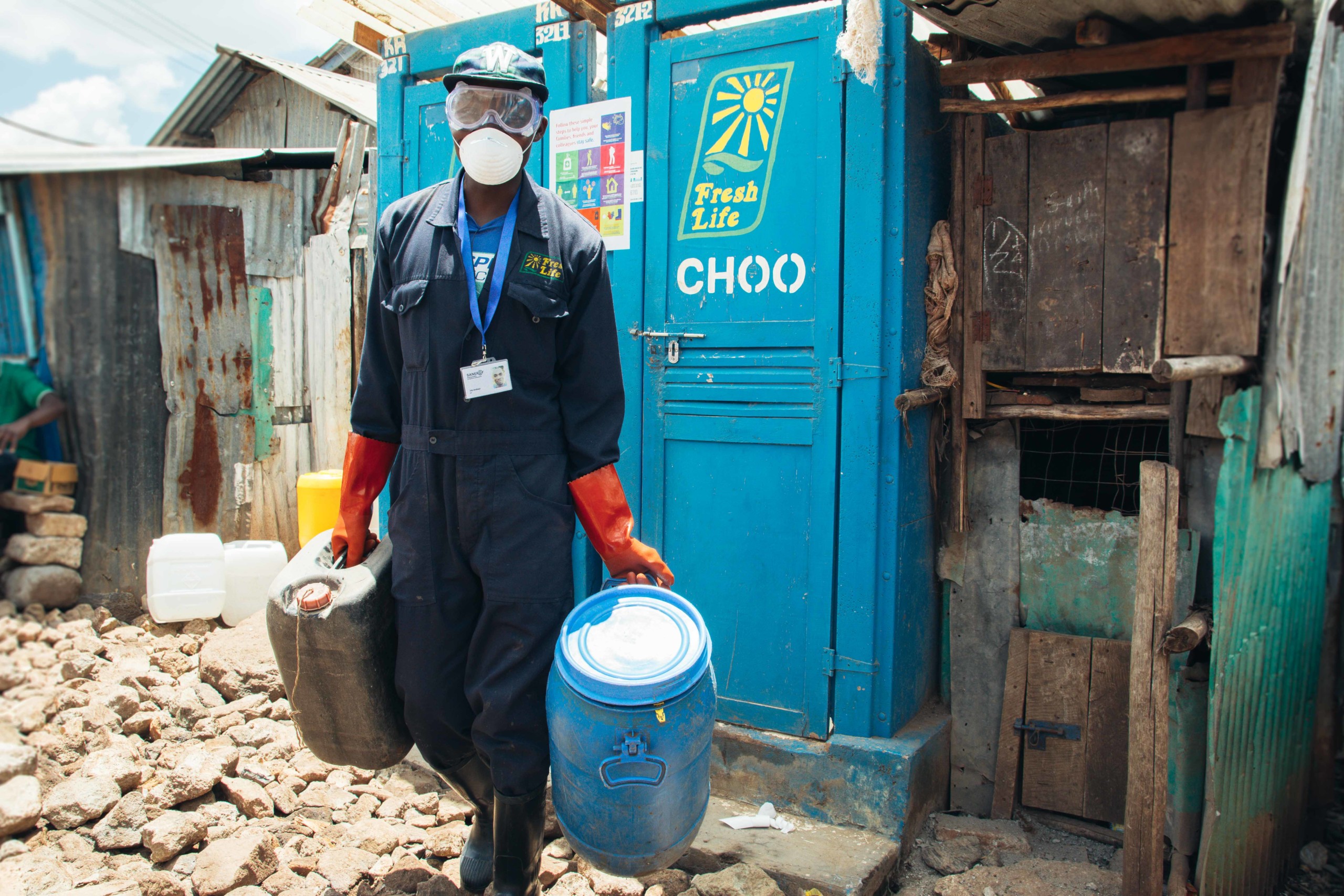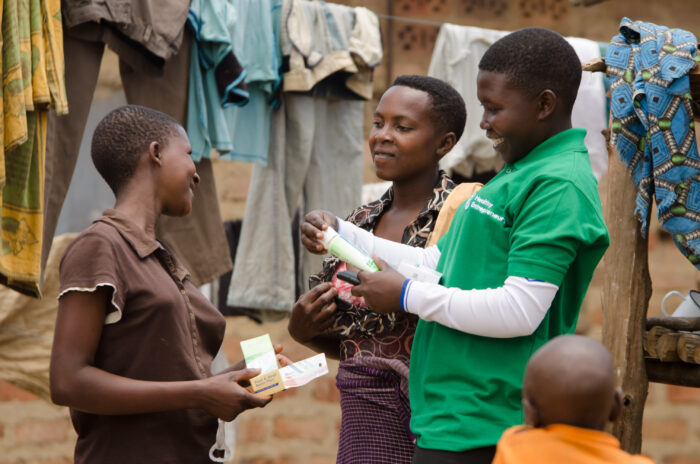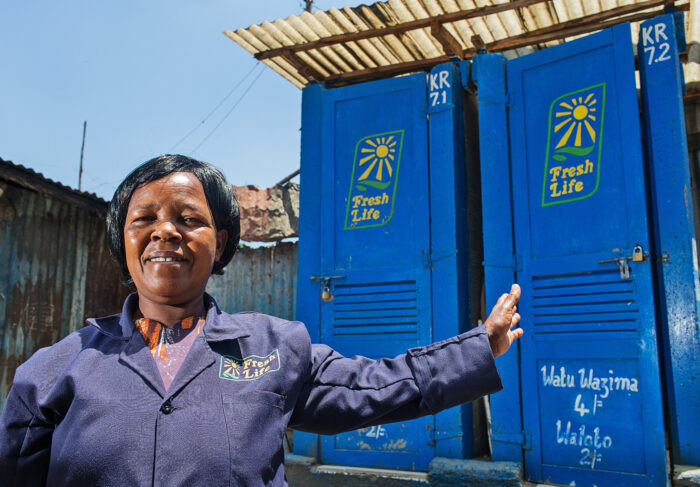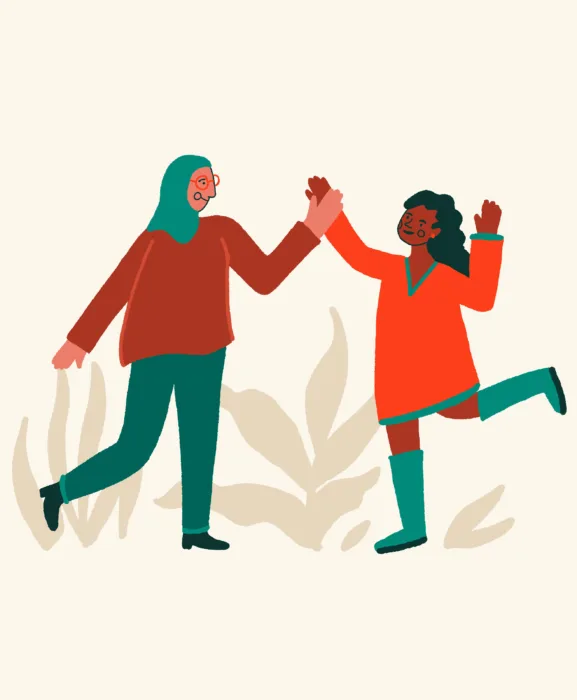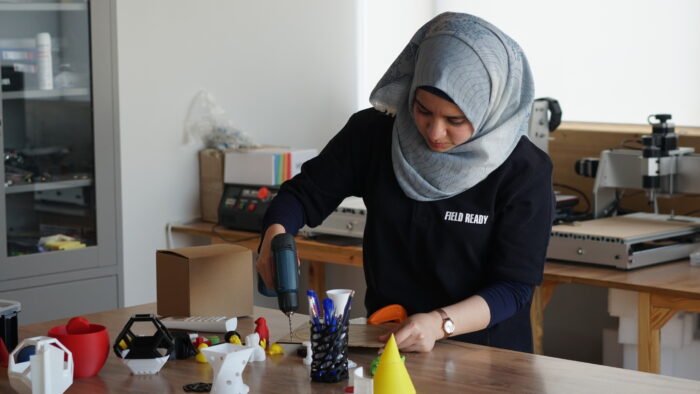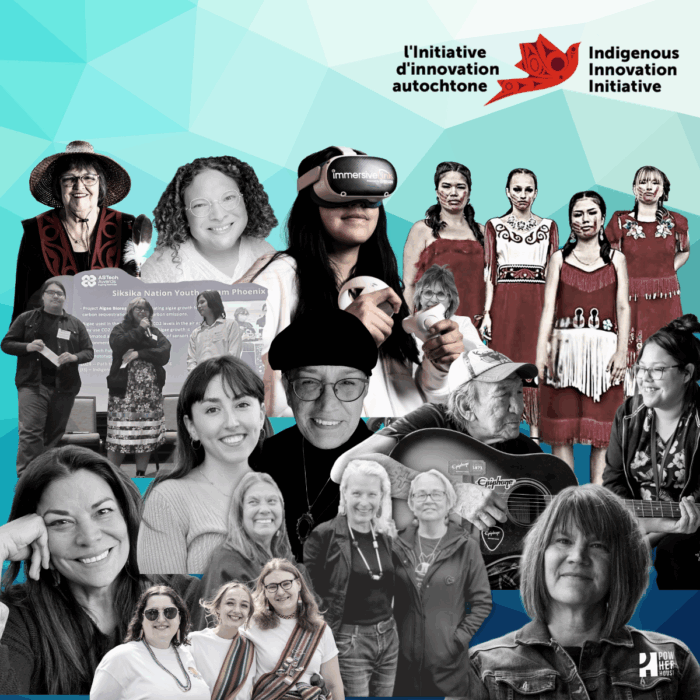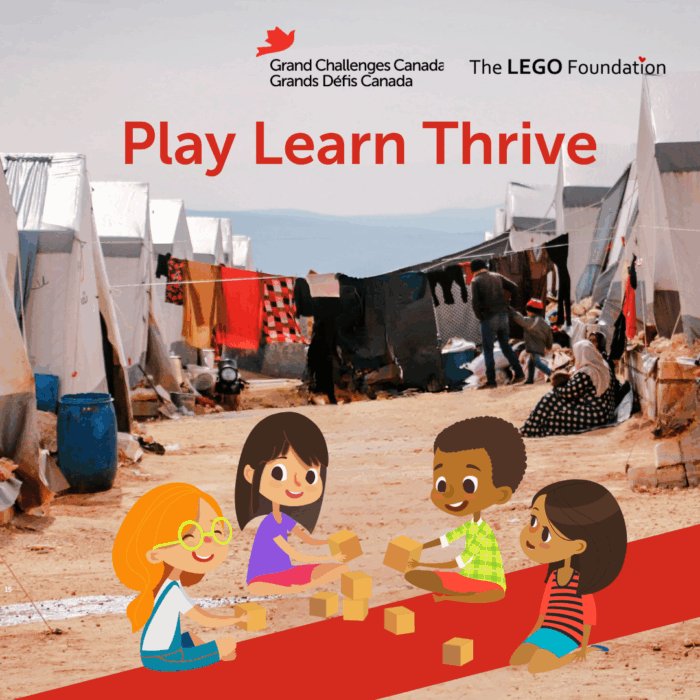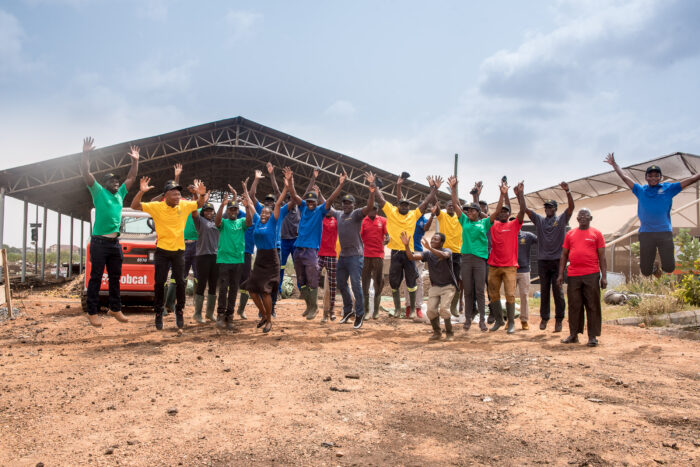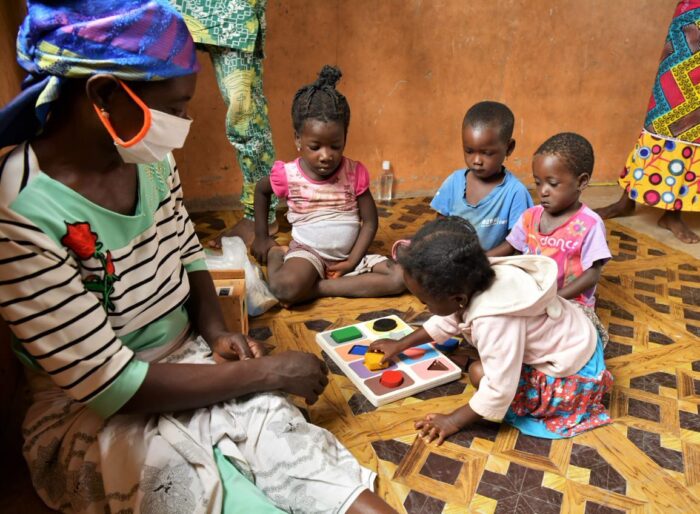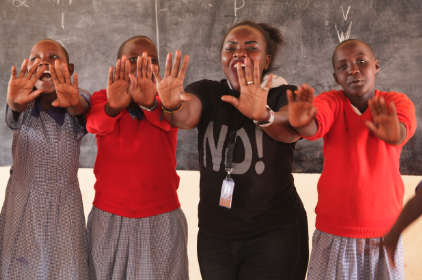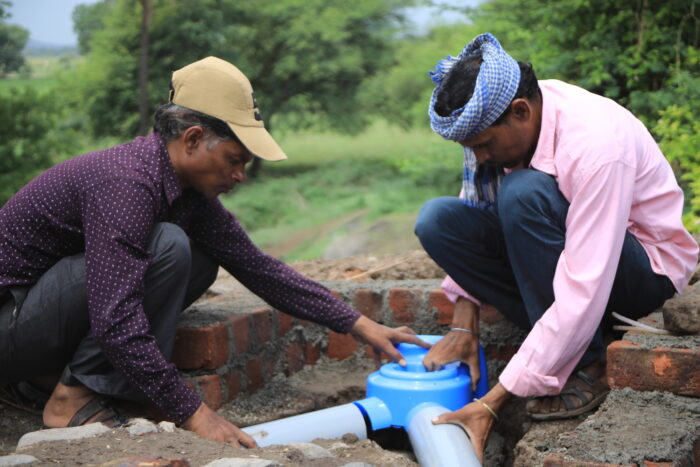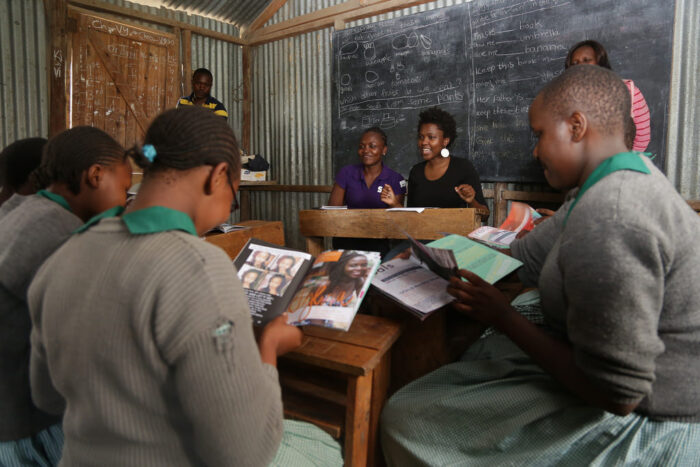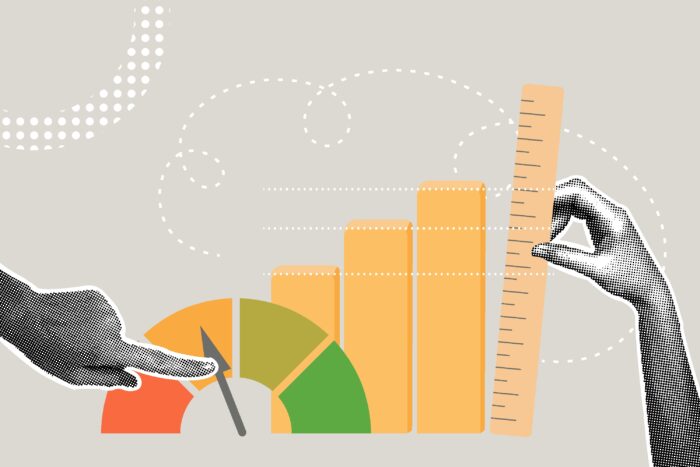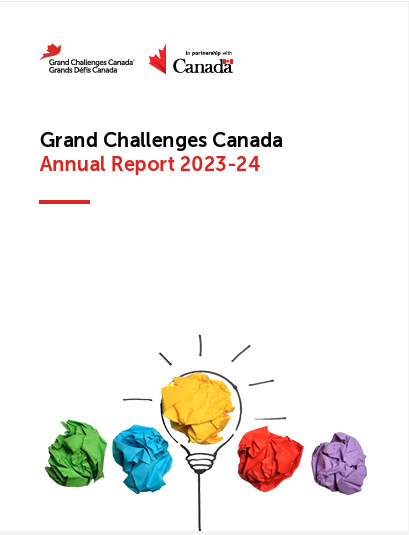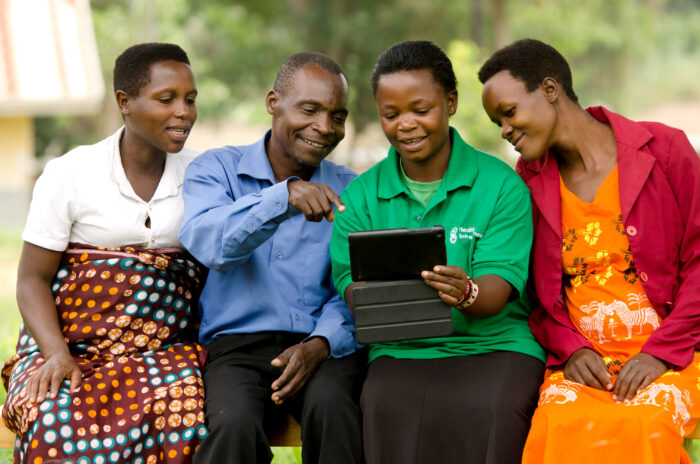Over the past decade, a number of the world’s leading thinkers have expressed concern about the inability of traditional governance mechanisms to deal with complex and rapidly changing global challenges. Anne-Marie Slaughter, a professor of politics and international affairs at Princeton University and former Director of Policy Planning at the U.S. State Department, has coined the term “network governance” to describe the emerging complex web of communities and networks that exchange knowledge and coordinate activities across national borders to address these types of challenges. Building on this concept, in a recent article in the UK edition of Wired (link continued here) Professor Slaughter argues that the big political idea of 2013 is “government as platform” –here governments provide the basic tools to enable citizen innovation and self-organization.
Others also embrace this network concept. Jean-Francois Rischard, former Vice President of the World Bank, has argued that conventional governance methodologies and institutions are not up to the task of identifying and addressing complex social issues like global health, as they are too rigid and inflexible to enable the kinds of coordination and cooperation that are necessary to address such challenges. Instead, he argues instead for what he calls networked governance, which is based on two key principles: (1) that membership in any new problem-solving vehicle (what he calls “issues networks”) is based on knowledge and the ability to contribute to its solution, and (2) that these new vehicles are able to work quickly and are geared toward action.
Andy Sumner and Richard Mallett argue in a recent blog post in the Guardian (based on a forthcoming book) that we are entering a new epoch of global development, one with many fewer “poor” countries and one in which the overwhelming concentration of the world’s poor are in middle-income countries. They refer to this shift as a movement from Aid 1.0 that focused on the transfer of resources to Aid 2.0, with a focus on collective action such as the development of co-financed global public goods and knowledge sharing/transfer to address global challenges.
Taken together, these three concepts and others provide a new and converging framework through which to solve complex global challenges. While they are not mutually exclusive, Slaughter emphasizes the actors from different sectors needed to solve these challenges; Rischard emphasizes complex global challenges or problems; and Sumner and Mallet highlight the activities that need to be undertaken to address these challenges, which are catalytic, risk-focused, research-based and provide policy coherence.
The Grand Challenges Approach, developed and adopted by a growing number of organizations and institutions, including the Bill & Melinda Gates Foundation, Grand Challenges Canada, USAID, and others, is a concrete and compelling example of this framework in action. The grand challenges approach is about stimulating innovation – bold ideas with big impact. At its core, the Grand Challenges Approach offers a nimble, flexible and adaptive mechanism for global governance, one that enables a broad range of partners from different sectors (including academe, governments, non-government organizations and the private sector) with different interests, to identify common challenges and solve them by coordinating their individual contributions. Grand Challenge programs:
- Define challenges whose solutions would unleash progress in key areas
- Engage the world’s most innovative researchers
- Focus research on making an impact for those most in need
- Build collaboration among researchers and funders to accelerate impact
- Build an expanding global network of programs and partners.
The potential impact of this approach is seen in initiatives like All Children Reading, Powering Agriculture and the Saving Lives at Birth Initiative whose five partners – the Bill & Melinda Gates Foundation, Grand Challenges Canada, USAID, DFID (UK aid) and the Government of Norway – recognized their common interest in addressing the critical global health issue of maternal and child survival around the time of birth. By making use of the Grand Challenges Approach, the partners have been able to develop and implement a coherent and integrated initiative to stimulate innovation and address a critical global health challenge in less than a year. Although still comparatively new, this initiative’s efforts are already showing results through innovations like:
- The Odón Device, developed by Mr. Jorge Odón of Argentina and funded by the Saving Lives at Birth partnership, a potentially safer and easier alternative to forceps and vacuum extractors for assisted delivery, and a safer and less invasive alternative to Caesarean sections, especially in places with limited surgical capacity (click HERE for a short video);
- Changamka, a micro health insurance provider in Kenya that administers a system of subsidized, pre-paid e- vouchers and transportation subsidies delivered via mobile phone, as well as informational interventions, including SMS messaging, participatory networks, and radio programming to enable pregnant woman to travel to appropriate health service providers around the time of birth (click HERE for a short video); and
- dRPC in Northern Nigeria who have shown that engaging the most influential religious opinion leaders can result in these leaders developing understanding and support for life-saving interventions for women and their infants, such as vaccines (click HERE for a short video).
In a commentary to the National Post in June 2010, we suggested that emerging economies like India, China, Brazil and South Africa are poised to play an increasingly significant role in development. They are less likely to have an interest in traditional aid approaches (with the exception of humanitarian emergencies) and more likely to embrace approaches based on innovation that offer solutions to pressing global challenges, both globally and within their own borders. Last year, for example, Brazil announced the creation of Grand Challenges Brazil and other emerging economy countries are looking to follow suit in the coming year.
One logical focal point for these development efforts is the G20. Imagine the impact if the G20 as a whole took an active role in stimulating its members to pursue a Grand Challenges Approach to collectively tackle global challenges.
How will we know when we have solved these grand challenges? That should be the question answered by the post-2015 development goals – something we will write about soon.
I would like to acknowledge and thank David Brook for his role as a contributing author of this piece.
I encourage you to post your questions and comments about this blog post on our Facebook page Grand Challenges Canada and on Twitter @PeterASinger @gchallenges.
